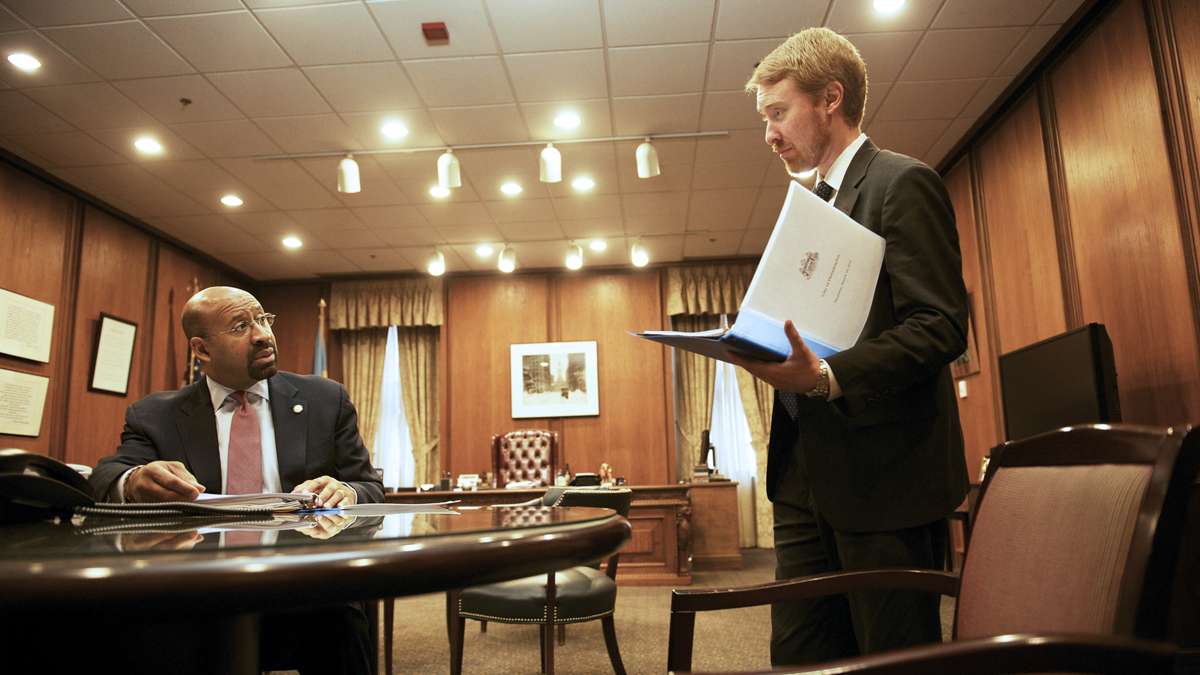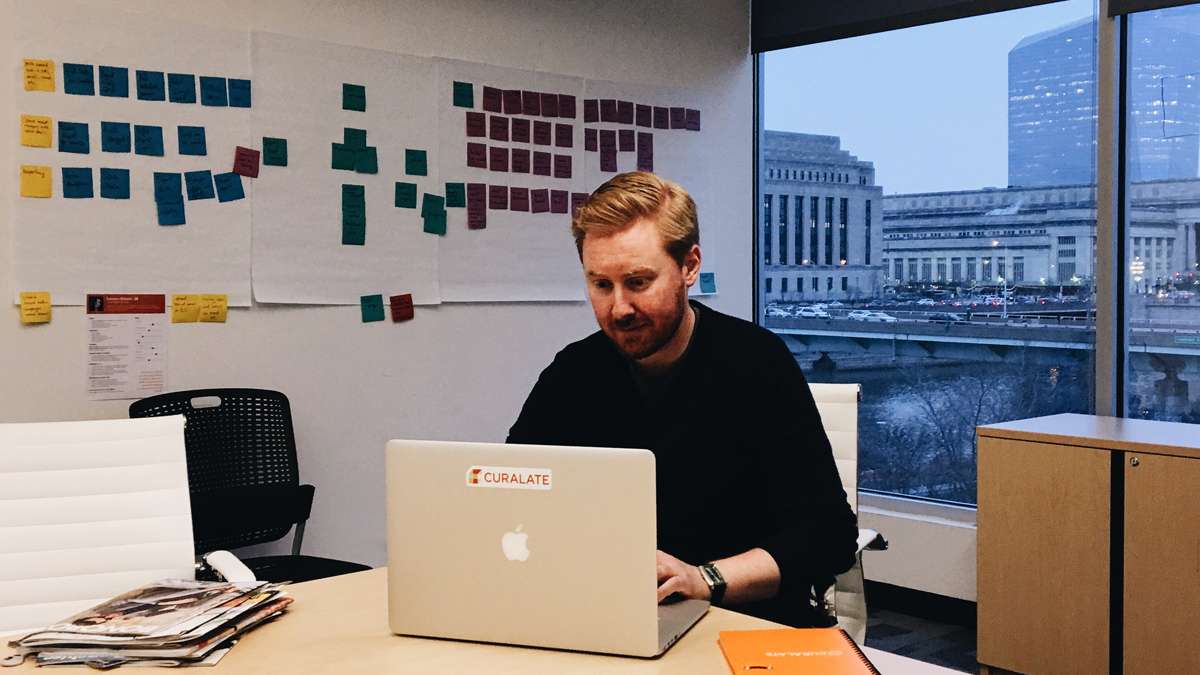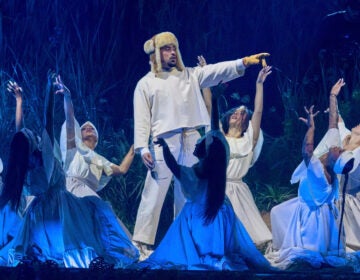An urban techie defying Millennial expectations
Philadelphia has few better examples of how brilliantly our tech scene shines than a transplanted British millennial who walked into city government through the side door and walked out through the front.
I was able to nab a few minutes with Luke Butler in his first days with visual analytics firm Curalate, after he ended his tenure as chief of staff to the city’s former commerce director, Alan Greenberger.
In 2006, Butler, who had been working in politics in London, came over to the University of Pennsylvania for grad school. He took an interest in Philly politics and started reading about some guy named Michael Nutter who was running for mayor. “I decided he was an interesting candidate, and admired him and the message,” says Butler, “So I jumped on board early and worked on the campaign as the same time as grad school — probably to the detriment of my studies.”
But things went well, both in school and out. Butler joined Nutter’s campaign. And after Nutter was elected — coinciding with Butler’s last semester at Penn — Butler was invited to stay on longer: as Nutter’s deputy press secretary, then his special assistant, and finally landing in Greenberger’s office. When Nutter left City Hall, Butler shifted gears, too — from city government to strategy and operations manager for Curalate.
As he reflects on the recent change, Butler sounds like a Millennial who defies all the expectations of that generation — which in itself is pretty millennial.
Leaving municipal confines for wide open spaces
“I’m somewhat unusual for someone my age in that I haven’t moved around a lot,” Butler says. “I walked into the Nutter for Mayor campaign a couple of weeks after my 23rd birthday and … effectively stayed in the same organization. … I’m probably a little bit strange in that at 32, this is the first big job change I’ve made in my career.”
When we spoke on the phone, Butler was on his eighth day in the new office, from which he can look out over the Schuykill up toward the art museum.
On the whole, he thrives in the open-space format. “I like the fact that everyone’s in it together from the CEO all the way to the latest person who joined. Everyone’s at the same table. It’s a nice statement of culture as well.”
That’s a switch from government offices, which are not associated with innovative spaces. “We’d often try to find reasons to have meetings outside or in coffee shops, the challenge being that around city hall, there are only so many coffee shops,” he says. “So you’d find yourself trying to have a conversation that was sensitive, and you’d be surrounded by reporters and members of councils.”
Apart from the architectural differences, though, Butler what his public- and private-sector jobs have in common. “In city government, I was incredibly lucky in that I got to work for people I really respected and liked, and had very talented colleagues,” he says. “I had an incredible diversity of work and a high pace. I like being thrown problems that need figuring out quickly or being asked to think about something new or a new approach. I wanted to keep that type of role but do it in a different environment.
Where talented, creative people should want to live and work
Working in city government means being a connector — noticing what’s happening on the ground in people’s lives and integrating it into policy and action. Curalate is based on a similar notion, observing consumers’ increased use of images in telling our stories in social media, and putting that data to work to help big brands make inferences about what we like to buy. It’s more nimble than city government, but maybe it uses the same muscles.
For Butler, the job is a way to continue shepherding the burgeoning tech scene in Philly. “The bridge between the two roles [of city government and private business] is that Curalate gives me a chance to work in a company that is an example of the kind of city Philadelphia has become and the kinds of businesses growing here,” Butler says, “Curalate makes the case that Philadelphia is a place that talented, creative people should want to live and work.”
Not bad for a guy from across the pond who thought he was just stopping in for a grad degree. “I was thinking of it as a short break, change of lifestyle, for a couple of years while I went to grad school,” Butler says of his initial move to the States. “Then I fell in love with Philadelphia and got stuck here, in a good way. Nine and a half years later, I still find it unusual to think I live in America. It’s hard to get used to even after all this time.”
Britain’s loss; Philadelphia’s gain.
WHYY is your source for fact-based, in-depth journalism and information. As a nonprofit organization, we rely on financial support from readers like you. Please give today.






